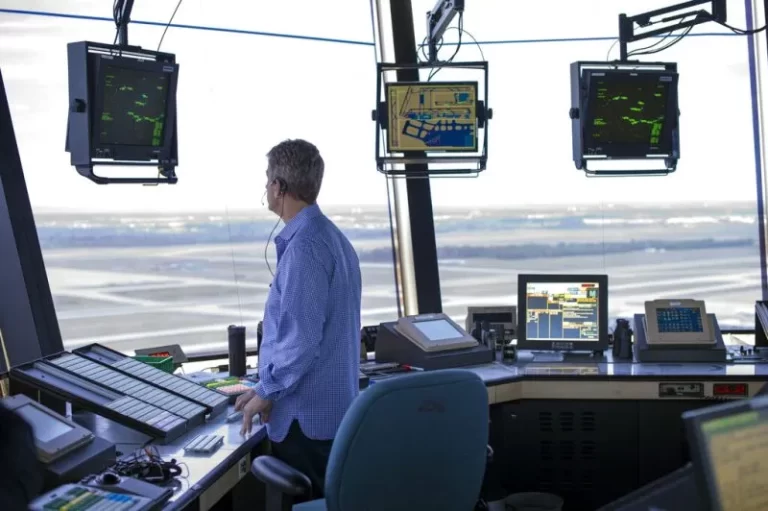
Washington, D.C. — Amid growing concerns over the infiltration of international criminal networks into the United States, Senator Marco Rubio (R-FL) has pointed to the Alien Enemies Act as a long-standing legal framework that could be employed to protect national security and American communities.
In recent remarks, Rubio referenced the Tren de Aragua, a violent Venezuelan gang accused of rapidly expanding its presence across Latin America and now suspected of operating in parts of the United States. He warned that the group’s transnational reach underscores the need for strong legal tools to prevent foreign nationals with criminal affiliations from embedding within U.S. borders.
What Is the Alien Enemies Act?
The Alien Enemies Act, originally passed in 1798 and still active under U.S. law, grants the president authority to detain, relocate, or remove nationals of a foreign country with which the United States is at war, or in cases where national security is deemed at risk. Though rarely invoked in modern times, Rubio argues the law could serve as a vital component of a broader strategy to combat emerging threats posed by non-state actors and organized criminal groups.
“The federal government has both a duty and the legal means to protect the American people from foreign-based organizations that seek to spread violence and lawlessness on our soil,” said Rubio. “We’re not just talking about traditional state adversaries anymore. Groups like Tren de Aragua operate like shadow armies. We must treat them as such.”
Growing Threat of Tren de Aragua
Originally rooted in Venezuela’s prison system, Tren de Aragua has evolved into a brutal and well-coordinated criminal syndicate, linked to human trafficking, extortion, drug smuggling, and violent crimes across South America. Law enforcement officials in Colombia, Peru, and Chile have reported the gang’s involvement in cross-border crimes — and U.S. authorities now fear similar patterns are emerging in cities like Miami, Houston, and New York.
Rubio emphasized the urgency of confronting this trend before it becomes entrenched. “We cannot afford to let soft policies or legal hesitation become a green light for cartels or criminal gangs to expand within our borders,” he said.
A Broader Immigration and Security Debate
Rubio’s remarks also reignited debate over how U.S. immigration and national security laws should evolve to address 21st-century threats. While civil liberties advocates caution against overly broad use of wartime-era laws, others in Congress have echoed Rubio’s concerns about the loopholes that could allow dangerous individuals to enter and remain in the country.
In recent months, bipartisan pressure has mounted on federal agencies to crack down on international crime networks and tighten border screening processes. Rubio has introduced or supported several legislative proposals aimed at enhancing law enforcement cooperation and deportation authority for non-citizens with gang ties.
Conclusion: Law, Security, and Accountability
As global criminal syndicates continue to adapt and expand, Senator Rubio’s call to revisit the Alien Enemies Act marks a provocative entry point into the complex intersection of immigration, national security, and international law.
“We need every legal and strategic tool available,” Rubio said. “This is about protecting American neighborhoods from foreign threats — and making it clear that those who come here to do harm are not welcome.”




